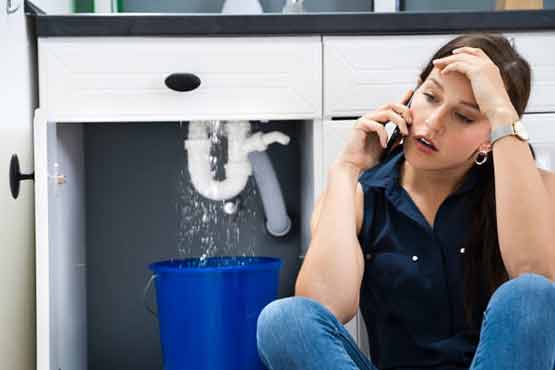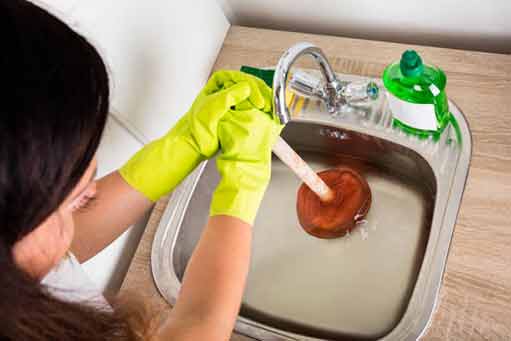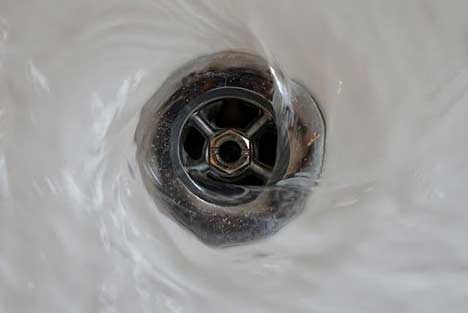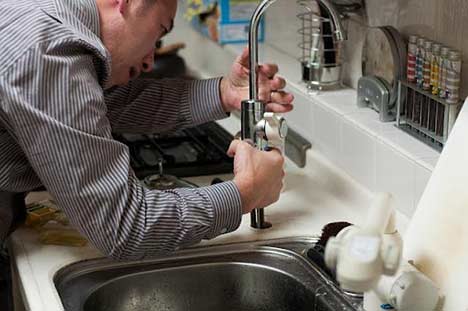Clogged drains are a common household problem that can be frustrating to deal with, especially when they happen unexpectedly. They can cause water to back up, unpleasant odors, and even damage to your plumbing system. Fortunately, there are simple ways to maintain and prevent clogs in your drains.
Understanding What Causes Clogged Drains
Before we get into how to prevent and maintain your drains, it’s important to understand what causes clogs in the first place. Some common causes of clogged drains include:
- Excess hair, soap scum, and dirt buildup in bathroom drains
- Food particles, grease, and oil buildup in kitchen drains
- Foreign objects such as cotton swabs, dental floss, and small toys
- Tree roots in outdoor drains
How To Maintain Your Drains
Regular maintenance is the key to preventing clogs from forming in the first place. Here are some simple ways to keep your drains in good condition:
Use A Drain Strainer
One of the best ways to prevent clogs in your kitchen sink is to use a drain strainer. This will catch food particles, grease, and oil before they have a chance to go down your drain. Similarly, using a strainer in your shower and bathtub can catch hair and soap scum.
Flush Your Drains Regularly
Flushing your drains with hot water on a regular basis can help prevent buildup and keep them flowing smoothly. Simply boil a kettle or pot of water and pour it down your drain. Do this once a week to keep your drains in good condition.
Keep Your Drains Clean
Regular cleaning can go a long way in preventing clogs. In the bathroom, use a natural cleaner to scrub the inside of your drains and remove any buildup. In the kitchen, avoid pouring grease and other oils down your sink and clean the drain stopper regularly.
How To Prevent Clogged Drains
In addition to regular maintenance, there are other steps you can take to prevent clogs from forming in the first place.
In The Kitchen
The kitchen sink is one of the most common places for clogs to occur. Here are some tips to keep it flowing smoothly:
- Scrape your plates and dishes into the trash before washing them
- Avoid putting grease, oil, and other fats down the drain
- Use a strainer to catch food particles
- Flush your drain with hot water regularly
In The Bathroom
The bathroom is another area where clogs commonly occur. Here are some tips to prevent them:
- Use a drain strainer to catch hair and soap scum
- Avoid flushing anything other than toilet paper down the toilet
- Don’t pour chemicals down the drain, as they can damage your pipes and the environment
- Flush your drain with hot water regularly
Outdoors
Outdoor drains, such as those in your yard or driveway, can also become clogged. Here are some tips to prevent this:
- Avoid pouring chemicals down outdoor drains, such as fertilizers or pesticides
- Avoid planting trees and shrubs too close to your outdoor drains, as their roots can grow into the pipes and cause clogs
- Use a drain strainer or cover to catch leaves and other debris that can fall into outdoor drains
- Flush your drains with hot water regularly
When To Call A Professional
If you’ve tried the above methods and your drain is still clogged, it may be time to call a plumber nearby. They have the tools and expertise to diagnose and fix the problem quickly and effectively.
How Much Will A Plumber Cost For A Clogged Drain?
The cost of hiring a plumber to clear a clogged drain varies depending on the severity of the problem and where you live. On average, you can expect to pay anywhere from $150 to $500 for a clogged drain. However, this cost can vary depending on the time of day, the day of the week, and the complexity of the job.
Conclusion
By following these simple tips, you can maintain and prevent clogs in your drains. Regular maintenance is critical to keeping your pipes flowing smoothly and avoiding costly repairs. Remember to use a strainer, flush your drain with hot water regularly, and keep your drains clean to prevent clogs from forming. If all else fails, don’t hesitate to call a local plumber.




